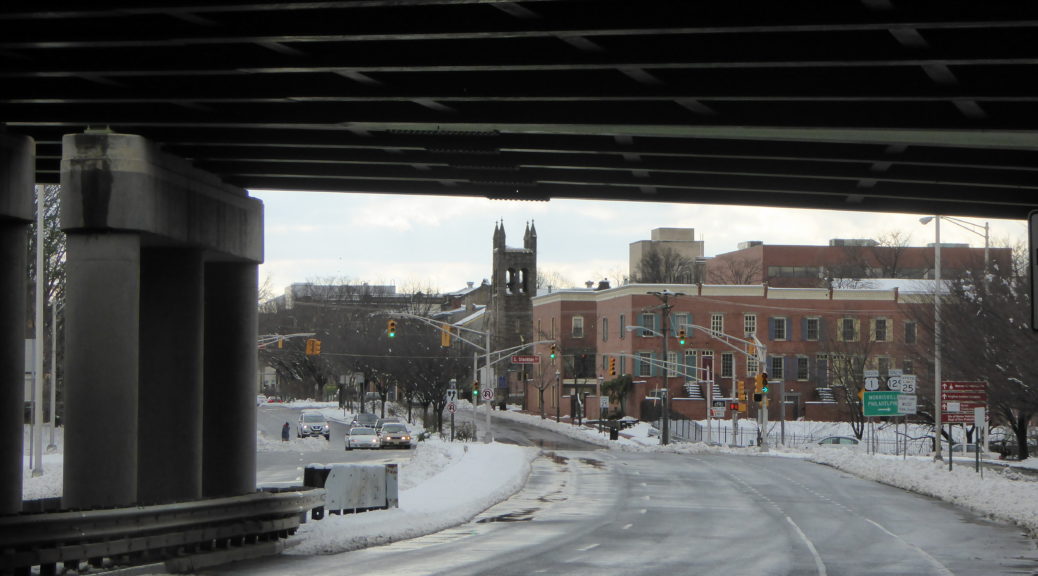By: Gabrielle Wells
Outlined by our nation’s constitution, the Census counts the population of the United States and the five U.S. territories known as Puerto Rico, the Commonwealth of the Northern Mariana Islands, American Samoa, Guam, and the U.S. Virgin Islands. Every ten years the U.S. The Census Bureau takes on this task to understand the makeup of the United States and where each American lives.
This count of the U.S. population not only counts the amount of people in the U.S. but it will provide information which will be used for federal funding, community funding, the appointment of representatives, and other programs which will help build public property such as schools, roads, and hospitals. In the 24th Census, the same problems have arisen, like it has done time and time again with undercoverage of different communities in this nation. Undercoverage is a situation that typically occurs when surveying a sample size, in which some groups of the population are not represented or are left out of the survey. With COVID-19 cases on the rise, the threat of undercoverage is even greater among the Trenton community, when it results in putting safety before practicing our constitutional rights.
Since March 12th, 2020 all United States households have received detailed information from the Census Bureau in the mail. The Census Bureau provided information on the different ways that the Census can be taken which includes by mail, phone and for the first time, online. On April 1st known as “Census Day,” the Census Bureau took account of how many people responded and devised plans to reach out to those who had yet to respond to the Census. As a result census workers went out into the community to ensure that the address list of the bureau was updated and that everyone has received an invitation to answer the census.
Although The U.S. The Census Bureau prides itself on trying its best to accurately count the entire U.S.population, it abruptly ended all counting efforts for the 24th Census on September 30, which is a month earlier than expected. As of October 3rd, 2020 the U.S. Census website put the national average of self-response at 66.7% and reported that 98,500,00 households have been counted. In Mercer County, there is a 70% self-report rate and in Trenton, NJ there is a self-report rate of 47.7%. Overall in the state of New Jersey, the self-report rate is 69.1 % ranking it 19 out of 50 states for self-reporting. Although 2,700,000 households have self responded to the Census in NJ, with NJ estimated population around 8,882,190 that means many members of the population may still not have been counted even with a 99% enumeration rate. With 47.8% of the population of NJ using Self Reporting via the internet it begs the question of how much of the population who does not have access to the internet and is at risk for being undercounted, will be included in the Census.
According to four former Census Bureau Directors,” the lack of extending the Census reporting deadline will result in seriously incomplete enumerations in many areas across our country.” Former Census Bureau Directors Vincent Barabba, Kenneth Prewitt, Robert Groves, and John Thompson all put out a combined statement on August 4th, 2020 urging Congress to extend the legal deadlines for the 2020 Census and stating that the Census Bureau should be required to continue all data collection operations through October 30, 2020. Originally before the pandemic, the counting of the Census was supposed to be complete by July but the deadline was extended to October and recently concluded in September.
With the 2020 election still being contested, proper allotment of representatives and federal funding is even more important, now more than ever to ensure the fairness of the United States democracy. As for now, according to the Census Bureau, the results of the 2020 Census will be available March 31st, 2021 but until then it is up to the American people to decide their opinions of the legitimacy of the 2020 Census.


